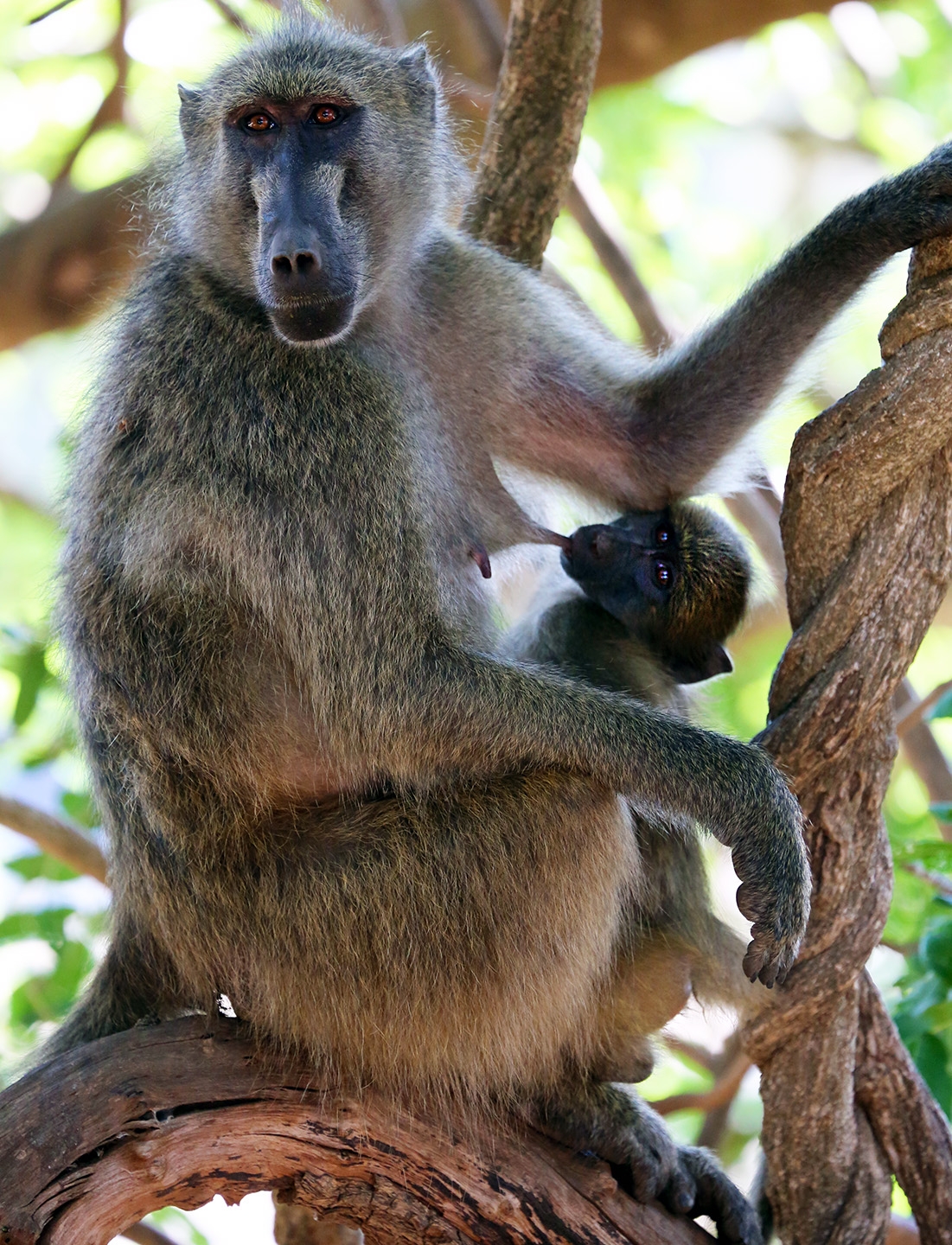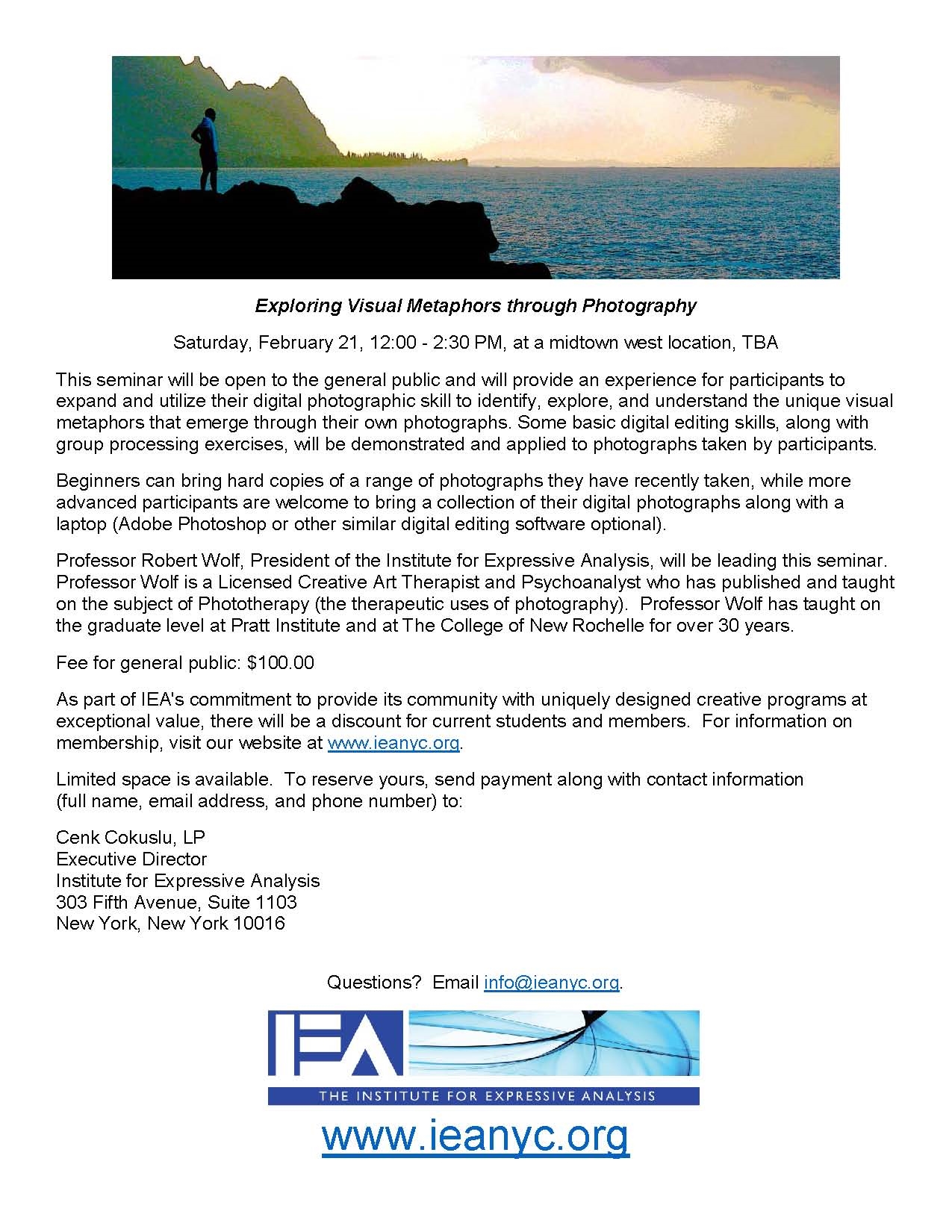In response to the violence in Virginia over this past weekend, when a neo-Nazi fanatic violently plowed his vehicle into a crowd of protesters, killing one woman and wounding 19 others, I would like to offer a brief response, to help understand group hatred from a psychoanalytic perspective, and hopefully offer a way to help promote more social tolerance.
Much has been written on how the dynamics of groups can bring out and encourage the most primitive and violent aspects of human nature and ‘normalize’ this behavior. But I’d like to take a moment to focus on the individual psychodynamics, from a psychoanalytic perspective, that lead individuals to seek out hate groups to find support through unity and justify the violent expression of their rage and bigotry.
Freud’s described psychoanalysis as “the search for truth”. What he meant was that, as psychoanalysts, our task is to help people become more aware of their split off, unconscious memories and experiences that, without conscious awareness, inform their desires, motivations and behaviors. This search for ‘truth’ requires time and dedication; elements that are unfortunately often lacking in our society today that typically seeks quick ‘cures’ and immediate relief from any unpleasant feeling.
Hatred and bigotry are often the result of several unconscious defense mechanisms that blend seamlessly; disconnection by compartmentalization, reaction formation (the turning of one's feeling that is unacceptable into its more acceptable polar opposite), denial and, of course, repression of all these processes. Deep insecurity and self-hatred, which are ego dystonic, can easily be externalized and projected onto others as a way to feel better, (superior) about oneself. An unconscious (and unacceptable) ‘wish’ or impulse can be split off and transformed into a conscious fear and fuel the hatred of the repressed component of this dynamic. If the conflict is strong enough it can be intensified through a group process and acted out as violent hatred, as we unfortunately have seen played out in Virginia.
Here we may also see another unconscious dynamic in action. We are all genetically engineered, as a survival instinct for the human species, to become part of a group (or more primitively a tribe). Man needed to learn to hunt in groups in order to survive and those without this important genetic disposition inevitably died out leaving, this need to be part of a group, as the dominant genetic dynamic within all of us alive today. This group identity can become exploited by individuals who charismatically bring together like-minded individuals and incite an “us against them” mentality. We see this pattern in politics today and in history, played out over and over.
But what if these unconscious processes were made more conscious and therefore less likely to be acted out? If more people began to explore their unconscious and become aware of the origins of their motivations and behaviors, they would be less susceptible to the manipulative influence of others.
Expressive analysis is not only about ‘symptom reduction’. It focuses on a more complete restructuring process that promotes healthy expression of authentic feelings that are not influenced by defense mechanisms or unconscious conflict. As we help our clients seek their own unique inner ‘truth’, as difficult as that may initially be, the result is a more tolerant, integrated, independently thoughtful individual capable of deep personal insight, introspection, and healthy interpersonal relationships. As an expressive analyst, I believe that our work is helping to make the world better in this way. It is important to remember this when we are faced with the type of tragedy that we have witnesses this past weekend.
Professor Robert Irwin Wolf, President
The Institute for Expressive Analysis
August 15, 2017




















